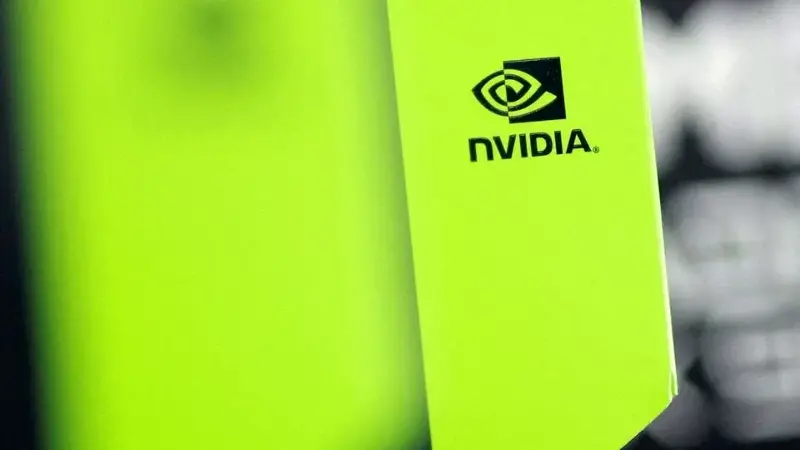
Leading chipmaker Nvidia Corp reported third-quarter earnings for the current fiscal year on November 20,2025. The company reported a revenue of $57 billion, a 22% increase from the previous quarter and 62% year-over-year.
Nvidia said that its net income in the quarter increased 65% to $31.91 billion, up from $19.31 billion in the year-ago period.
The company forecasts $65 billion in sales for Q4, surpassing analyst estimates. Analysts had estimated an average of $62 billion. Nvidia shares rose 4% after the announcement, having gained 39% this year, Bloomberg reported. The outlook indicates high demand for Nvidia’s artificial intelligence accelerators, the expensive and powerful chips used to develop AI models. Nvidia has faced growing concerns that such spending on these chips isn’t sustainable.
Nvidia’s primary data centre division generated $51.2 billion in revenue for the quarter, beating the expected $49.3 billion. Chips for gaming PCs, which were once Nvidia's main revenue source, brought in $4.3 billion, slightly below the estimated $4.4 billion, the report said.
In the first nine months of fiscal 2026, Nvidia returned $37.0 billion to shareholders through share repurchases and cash dividends. By the end of the third quarter, the company still had $62.2 billion available under its share repurchase authorisation.
Nvidia will pay its next quarterly cash dividend of $0.01 per share on December 26, 2025, to all shareholders of record on December 4, 2025.
Speaking on the Q3 performance, Jensen Huang, founder and CEO of Nvidia, said, “Blackwell sales are off the charts, and cloud GPUs are sold out.”
He added, “Compute demand keeps accelerating and compounding across training and inference, each growing exponentially. We’ve entered the virtuous cycle of AI. The AI ecosystem is scaling fast with more new foundation model makers, more AI startups, across more industries, and in more countries. AI is going everywhere, doing everything, all at once.”
What did Jensen Huang say about AI bubble?
“There’s been a lot of talk about an AI bubble,” Chief Executive Officer Jensen Huang said on a conference call with analysts. “From our vantage point, we see something very different.”
Huang's remarks come amid growing concerns about an AI bubble, a scenario where investor interest or expectations drive the valuation of AI-related companies. This situation arises when expectations for future AI profits inflate stock prices. In case these high expectations are not met, the bubble could burst.
“I don’t believe we’re in an AI bubble,” Huang earlier told Bloomberg Television.
